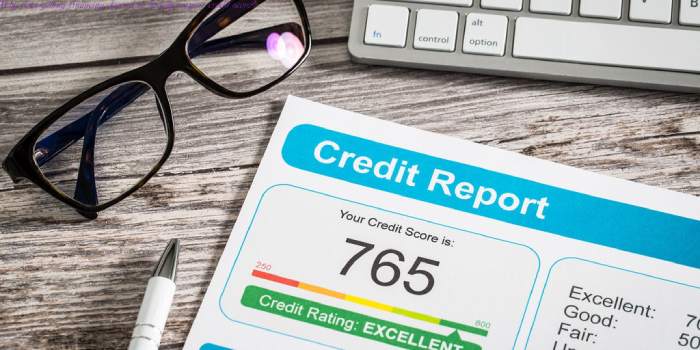Why does getting financing depend so heavily on your credit score?

Why does getting financing depend so heavily on your credit score?
Table of Contents
Why does getting financing depend so heavily on your credit score?
You might be curious about how having a poor credit score truly affects your capacity to obtain financing. Alternatively, you will be aware of how your credit may affect your financial situation if you have already experienced a downturn.
Developing sound financial practices, such as minimising your debt and paying off your obligations on time, is a beautiful approach to demonstrate to potential lenders that you are a responsible creditor. The following tutorial examines the significance of your credt score as well as strategies for raising it.
A credit score: what is it?
In essence, your credit score is an indication of how well you handle money. Your credit score may suffer if you make late repayments, miss payments, or have court orders (CCJs) against you. Improper credit or financial management might turn off potential lenders since you’re more likely to experience financial defaults in the future. When it comes to applying for credit cards, mortgages, or auto financing, your credit score matters a lot since it influences your chances of being approved and the interest rates you are given.
How can one verify one’s credit score?
One of the three primary credit reference companies in the UK is an excellent place to start if you want to check your credt score. They are TransUnion, Equifax, and Experian, and they all have different rating systems. It might be worthwhile to verify your score with each agency, as what one considers fair may need to be better for another. While some may charge you more for additional features, you may accomplish this for free.
What makes credit ratings significant?
Your credit score might help your financial situation for a variety of reasons, so if it’s a bit low, it could be a good idea to spend some time improving it.
- Simpler approval processes. Generally, a credit check is necessary when you apply online for auto financing. The outcome of this credit inquiry then assists the lender in making an offer for funding. A low score makes you more vulnerable to rejection.
- They improved interest rates. Because applicants with higher credit scores are less likely to fail on their loans due to their prior conduct, lenders may offer incentives for having higher credit scores. In the long term, lower interest rates can help you save money since you pay back less.
- It increased credit limits. A higher credit score enables you to negotiate for more significant credit limits when applying for credit cards or opening an account with retail companies.
How to raise your credit rating:
Don’t worry if your credit score is a bit low or if you still need to establish a credit history. There are simple ways you may contribute to raising your credit score.
- Pay your bills on schedule. Make all of your existing payments on time and in full. This is one of the simplest methods to demonstrate your creditworthiness. In addition to improving your chances of approval, managing your money will allow you to take advantage of the lowest interest rates available on vehicle financing.
- Cut back on debt. What you now owe in debt is another factor that affects your credit score. When you have a lot of debt already, it can be difficult for lenders to determine if you are a reliable borrower and whether you can afford to take on more loans. Before you take on any new loans or credit, it’s always a good idea to attempt to lower the amount of credit you owe.
- Use credit cards sparingly. The percentage of your available credit that you are utilising is known as your credit utilisation ratio. Try to maintain your utilisation below 50% if you want to improve your credit score. Thus, it would help if you aimed to spend no more than £500 of your £1000 credit card limit at a time. Next, make timely and complete monthly payments on your credit card.
Also read:- Using AI in Recruiting Software: Next-Generation Solutions




